Prologue: Why Chikmagalur?
The Western Ghats is one of the most unique biodiversity hotspots on our planet, recognized as a UNESCO World Heritage Site. I’m writing this article to shed the first-hand experience of our founders who have set in motion a critical mission in a hilly region of the Western Ghats called Chikmagalur.
Our founders, Irthu and Nakul, have been fixated on protecting and helping conserve this bio-region since their roots belonged to this mountain range. They have closely witnessed the deterioration of this region which was a driving factor in starting Atlantis.
Humans have an unfair advantage in impacting their environment. We, Atlantians, strongly believe that in order to protect and regenerate any bio-region, we need to start with water.
One of the main hurdles our founders faced was figuring out how to prove their thesis of making a decentralized water system across towns and cities work. Such a decentralized system could act as the bedrock of a clean, green future.
Enter Chikmagalur; a town located at the heart of the Western Ghats and has a crumbling water infrastructure, due to climate change.
A perfect location to test out their thesis.
And so, they reached out to a friend who owned a coffee plantation in Chikmagalur. They visited this farm and spent time around the locality in order to understand how the locals accessed water and dealt with the frequent disruptions from floods and droughts. With the insights gathered on-ground, our founders started building a concept.
The problem statement: Climate change is disrupting the supply chain for basic human resources such as water. How do we build resilience and self-sustainability in such testing times?
Possible solution: A distributed network of assets that provides resilience and increases reliable access to basic human resources such as water, food, and energy.
Introduction: Why MCV?
As a bootstrapped company looking to solve some of the most challenging problems humanity is facing, it was critical to gather support from like-minded organizations.
Enter Mercy Corps Ventures; they seek to invest in venture-led solutions to increase the resilience of underserved individuals and communities. The folks from MCV believed in our founders’ thesis and agreed to fund this pilot project, in collaboration with Atlantis.
It is one thing to come up with a thesis and a completely different challenge to execute it on-ground. Our founders had enough experience in an urban setting and were confident that with some minor tweaks, they could replicate the success of their first endeavour in Bengaluru (Hydrop) in a rural landscape(Chikmagalur) too.
The first task that lay ahead of them was to understand the baseline realities of the people living in the pilot region. In order to remove the assumptions from the thesis it is critical to look at the environment from the eyes of the people who live there, day in and day out. What better way to do this than to experience it first-hand? This called for an expedition to Chikmagalur. The icing on the cake; a scenic drive to the destination.
Before we dive deep into the insights of the expedition, here’s a route map of the distance our founders covered during their eventful journey. From this point on, the map below will be your reference to understand every pit stop, meeting, and interaction they had on-ground. Feel free to come back to this when you feel lost, we got you fellow #regens. 😉
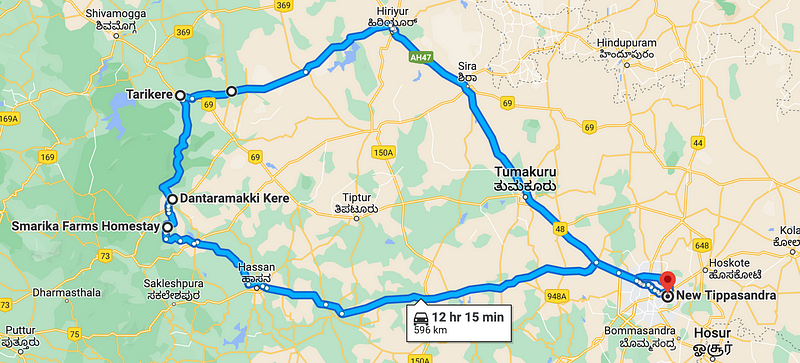
En-route to Chikmagalur
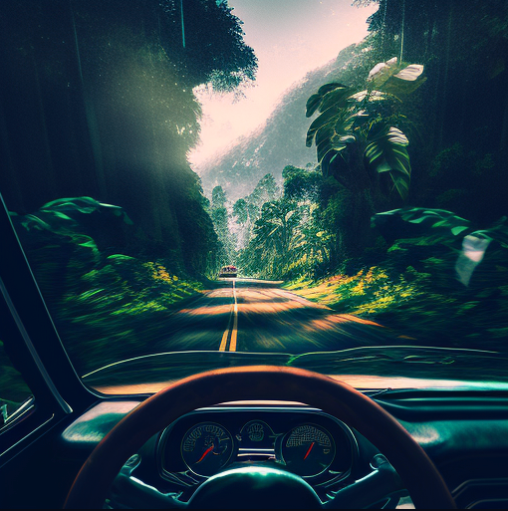
Our founders, began their road trip at 5 AM to avoid the morning peak hour traffic within Bangalore city. The duo had made just two stops on the way to Chikmagalur, one for the body (breakfast) and one for the soul (a 1000-year-old temple).
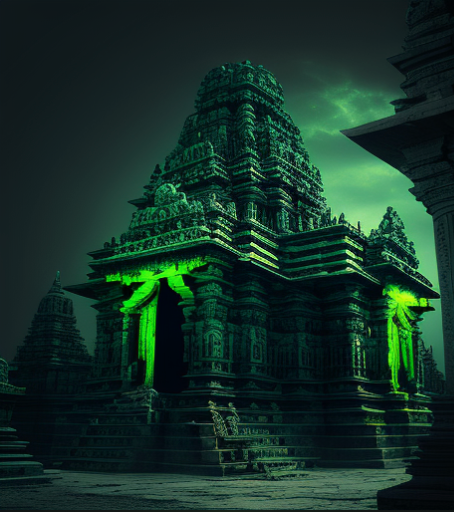
Relaxed and rejuvenated, the two reached their base camp for the trip; a sustainable and affordable homestay, in the middle of a food forest.
Hidden within lush greenery, this homestay is perfect for city travellers to take a break from their busy, hustle culture and get close to nature. Surrounded by coffee, pepper and a variety of indigenous trees, this was the ideal place to begin their mission. The rest of the day went by exploring the homestay and the surrounding landscape, and discussing water-related issues with the local staff and plantation workers.

The homestay offered a completely sustainable and green accommodation in the midst of a huge plantation. It had utilities like a biomass heater but the showstopper was their rainwater harvesting setup. With natural filtration methods and minimal piping, it not only collects and stores the excess rainwater but also acts as a groundwater injection system raising the local water table. The local cuisine served at the homestay was completely made of local produce and produced almost zero waste. A clear winner in our books.
After elaborate exploration and exhaustive conversations, our founders relaxed there for the night.
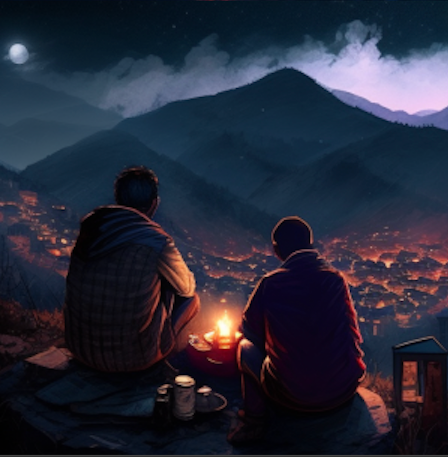
Exploring Ground Zero — Chikmagalur
After Dawn
The next day began with meeting our first on-ground partner in Chikmagalur town, on the banks of Dantaramakki Lake. The lake was once the main tourist attraction and an ideal background to have their meeting.
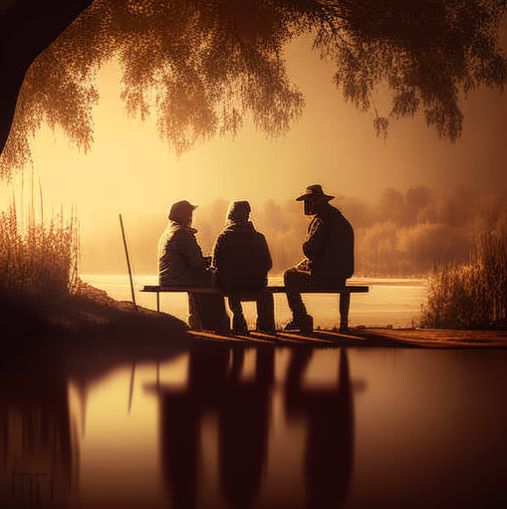
At 10 am, our founders met their on-ground partner. Having previously conversed multiple times over phone calls, this was their first physical meeting. As they spoke with him, the initial phase of their quest became clearer to our founders.
It included dividing the entire district into regions based on the ease of collection of water samples. These water samples would then be tested and analysed using our custom-configured water test kits. The results would then indicate which location has poor water quality and will help narrow down the area of focus for our team to implement relevant solutions.
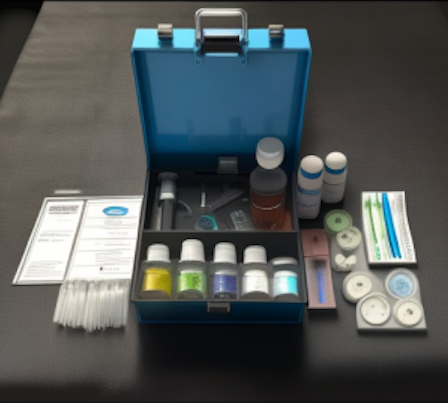
To carry out the water survey, sampling and testing, they partnered with local influencers in the community. After listening to the founders and the objective of our pilot, these people helped us assemble a large group of enthusiastic youngsters who could carry out their mission. Our founders trained the locals on how to accurately collect, sample and test the water around them.
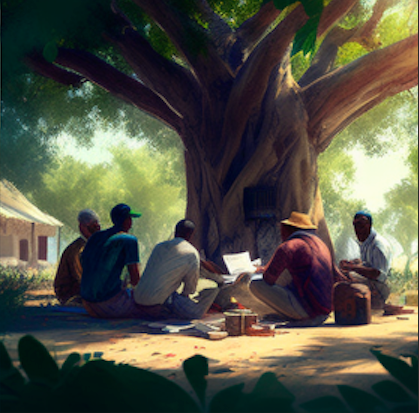
After a successful interaction with the on-ground partner and the local community, it was concluded that they would conduct surveys in four regions of Chikmagalur supported by two mobile test labs. The target for this part of the pilot was to carry out surveys and test samples from 100 villages in the four designated regions.
Before Dusk
The founders then set off mid-day towards Tarikere and visited a dozen of villages en route to understand the ground realities themselves. A drive through the hilly forests of the Ghats revealed more stress points in the existing water infrastructure. In some places, the water storage facilities looked hygienic and well-maintained, but in most, they looked unattended.
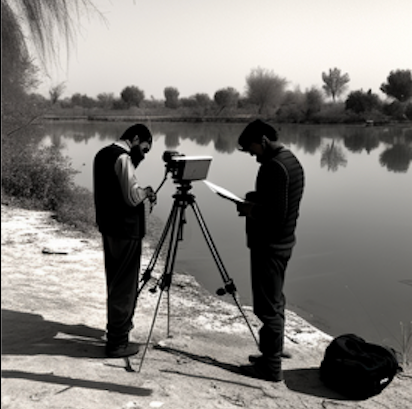
Most villages had large 15ft x 5ft cylindrical water tanks that housed the extracted groundwater which the villagers then had to come to fill in their own containers/bottles for daily use. They noticed, in some instances, the locals had to traverse steep slopes carrying over 20L of water.
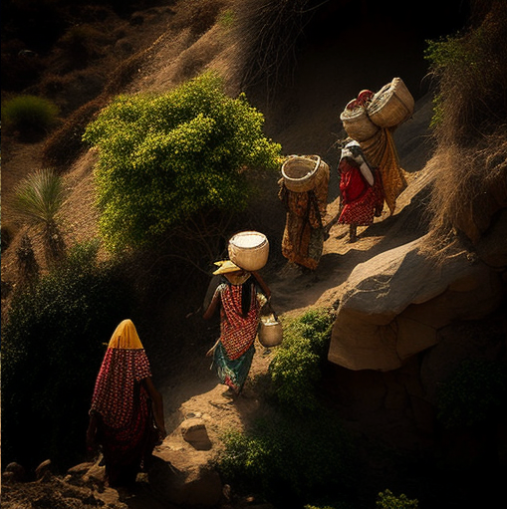
The ones that didn’t have water tanks to store/capture water, had mechanical water pumps which the locals used to fill up their bottles/containers. Our founders learnt that most of the villagers directly drank the water from the community storage tanks with no filtration other than that of a piece of cloth.
Findings: Just two out of these dozen locations had an R.O. water treatment plant; literally the only place available for thousands living nearby to access safe water.
This drive towards Tarikere was crucial in understanding where these communities stood in terms of having access to clean, safe water. At dusk, our founders set back to the homestay to rest and recharge.
Drive to Ajjampura
After spending a few days more at Dantaramakki, our founders headed towards Ajjampura. The drive towards Ajjampura was interesting. Little would you guess that such a rich bio-region would have drought-prone areas. As they were driving they noticed how the landscape gradually changed from the lush green forests to the large acres of plain, semi-arid lands to the east of Malenadu.
En route to Ajjampura, the founders conducted water sampling, periodically, to check water quality. Using the gear to test the TDS (Total Dissolved Solids), they quickly realized how the water in this region of Chikmagalur had a high concentration of TDS, a definite risk for the locals living there.
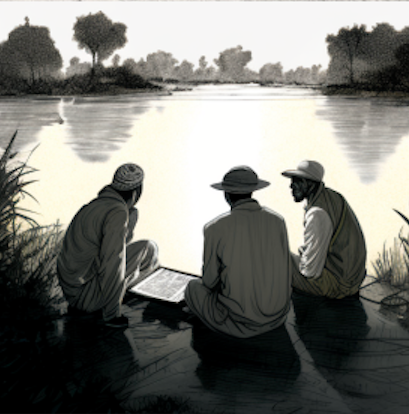
It was heartbreaking to realize that these people were unaware of what harmful solids they were drinking with their water on a daily basis. Someone needed to put an end to this. With that in mind, our founders reinvigorated to mobilize more on-ground partners.
The first meeting was to discuss potential water solutions in the region. A range of solutions was discussed and weighed in terms of their pros, cons, practicality and costs. They even requested their partner to commence the process of testing the efficacy of these solutions with the assistance of local government-run water testing laboratories.
The second meeting had two agendas; one was regarding the implementation of water testing activities in areas not covered by the on-ground team from Chikmagalur town, and two was to hire surveyors to scout regions where people found other water accessibility issues, in terms of water supply.
Both meetings went well for our founders and their quest in Chikmagalur had come to an end for now. As the next steps, our founders wanted to bring the local community to work closely with our on-ground partners based on the results from the initial survey and baseline analysis.
They drove back to the city in a determined mood, motivated to fix the challenges they encountered and feeling more bullish about the thesis of Atlantis.

Conclusion
This trip not only gave our founders the belief that there is a need to protect and have agency over basic resources like water but also shed light on how climate change is already wrecking the centralized systems we have in place.
What do you do at this point when you know we need a change but do not see the change? Simple. We become disruptors; we end up breaking the shackles of existing, inefficient power structures to build a more inclusive and equal one, which is nature-sensitive and distributed.
Follow us on Twitter as we cover more bioregions around India and talk more about how Atlantis is powering a thriving green economy in this region.
If you feel like contributing to our pilot programme in rural India, feel free to check out our Gitcoin grant page here.

